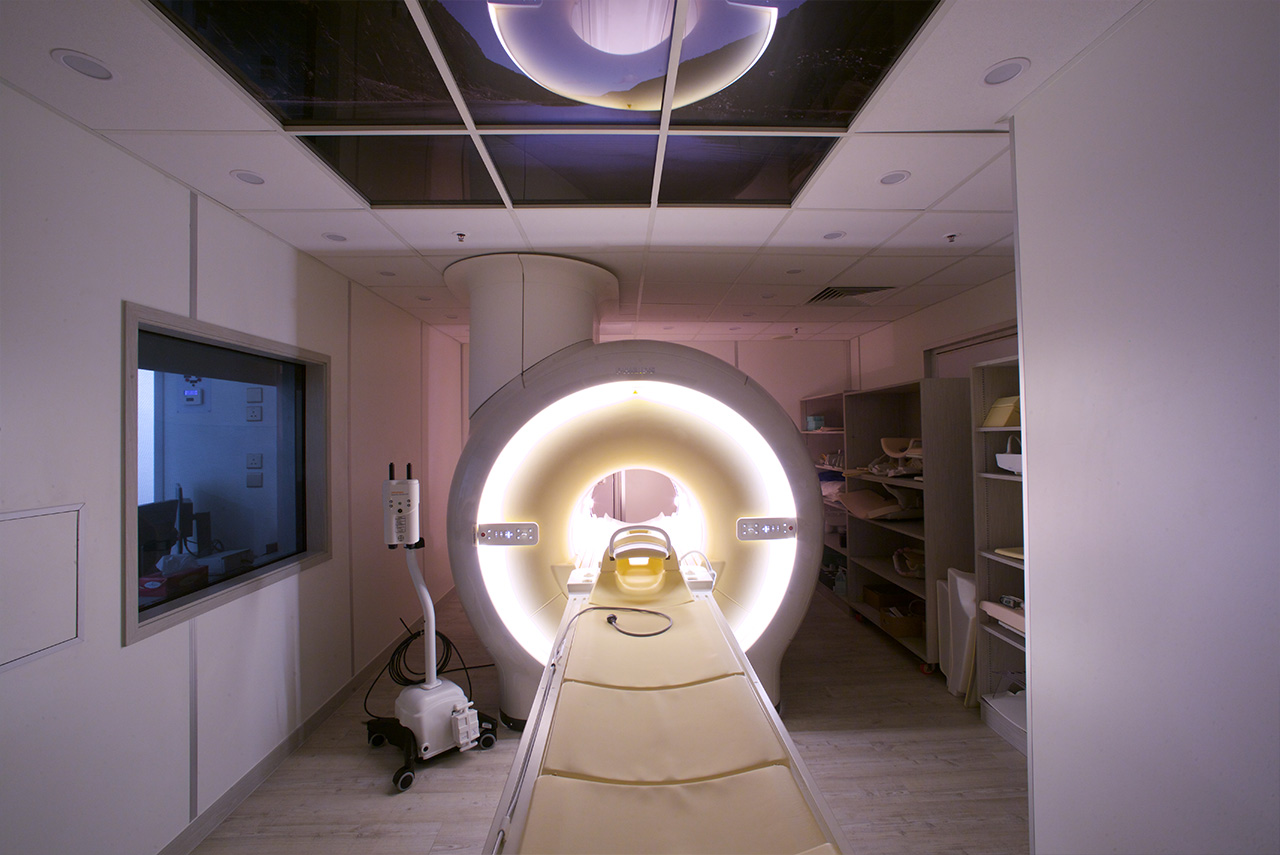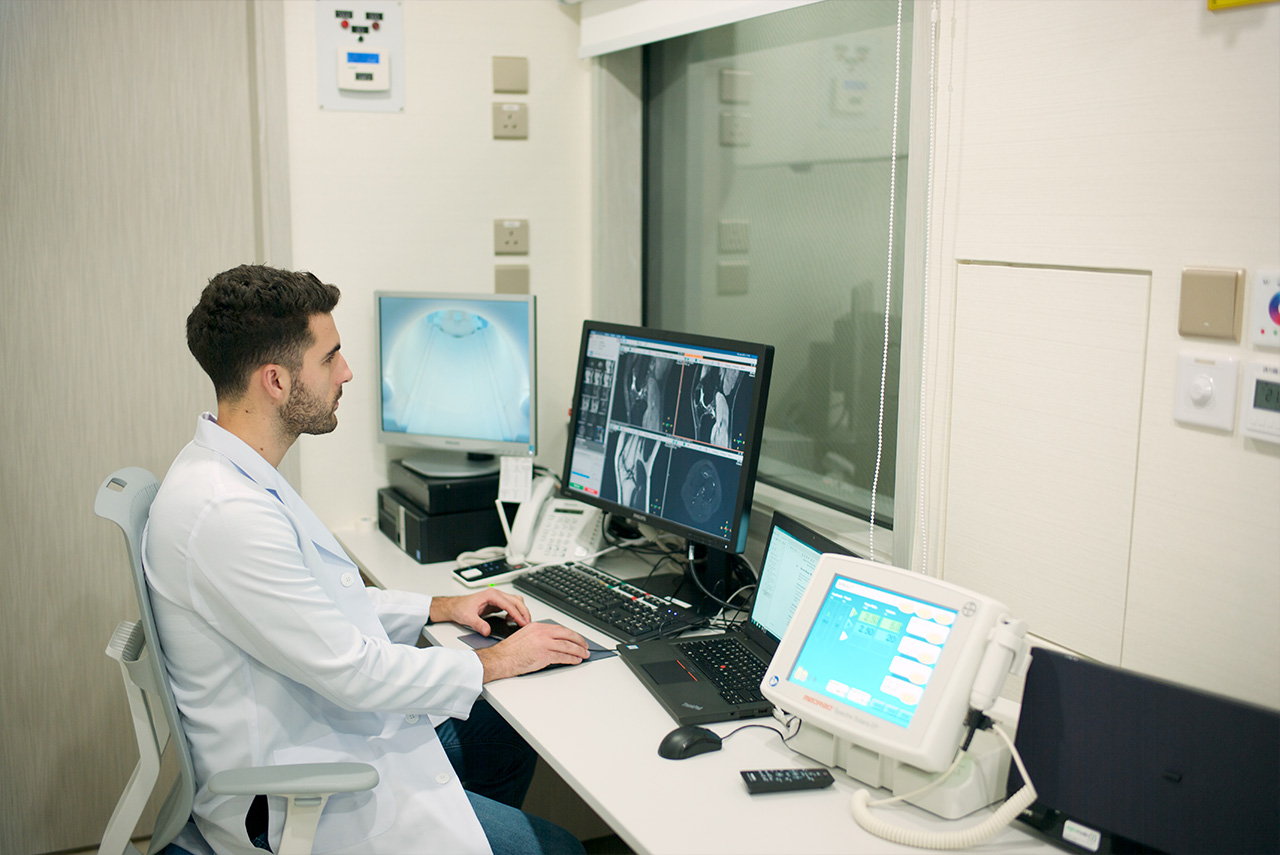PCR tests are considered to be the gold standard when testing for COVID-19. This article explores whether it’s possible for a PCR test to identify the virus before symptoms are present.
Accurate testing of the COVID-19 virus is essential for reducing the spread of the virus and ensuring that patients can receive medical treatment as early as possible. A common concern is whether COVID-19 tests can accurately identify the virus before symptoms begin to emerge. The recognized gold standard for COVID-19 tests is PCR.
PCR stands for a polymerase chain reaction. It is used to test the genetic material from a specific organism including a virus. It will detect the presence of the virus if a patient has the virus at the specific time of the test. It will also detect fragments after the virus even if you are no longer infected or contagious.
While reports suggest that the PCR test is more than 97% accurate when testing for COVID-19, there can be issues if you are tested before symptoms develop. This is due to the latent period.
What Is The Latent Period?
When a person comes into contact with someone who is carrying the coronavirus, some of the particles that they breathe out can become attached to cells that line your nose as well as the upper airways. This is how the coronavirus gains entry into the body. During this stage, it is possible that a PCR test would provide a negative result even though you were carrying the virus. The reason for this is the latent period. This is when you are carrying the virus but you are unable to transmit it to anyone else around you. This can overlap with the incubation period which is the time before you start to develop symptoms. One of the reasons why the COVID-19 virus was difficult to contain in the early months of the pandemic is that many people were not showing symptoms.
It is believed that the incubation period for COVID-19 is approximately between 5 and 6 days. However, in some people, it could be as many as 14 days. The diagnostic delay for the virus can be impacted by a variety of factors. This includes how much of the virus an individual was exposed to, how they were exposed and their biological susceptibility.
Can A PCR Test Pick Up COVID-19 Before Symptoms Develop?
Various studies have suggested that PCR tests are able to detect the Coronvirus as many as three days before the onset of symptoms. Essentially, this means that the PCR test is effective at testing people at the time that they start to become infectious, assuming that the individual is symptomatic.
From the first time that the individual develops symptoms, the amount of virus gradually declines. Eventually, it will no longer be identifiable by the PCR test. That’s why it is important to get tested as quickly as possible. Those who are asymptomatic are likely to test positive for 1 or 2 weeks. Those who develop symptoms are likely to continue to test positive another week or two after this.
Is There A Chance Of False Negatives?
If a test is performed on someone who became infected one day previous, it is more likely that a PCR test will result in a false negative. However, it is worth noting that PCR tests, while not 100% accurate, are still likely to provide an accurate result. One report estimates that a PCR test will never show more than 5% of false positives or false negatives regardless of at what stage the test is completed.
However, another study has found that the probability of an infected individual falsely testing negative on the day they contracted the virus was 100%. This fell to 67% by day four of the infection. If a test was completed on day five the result was 38%.
The difficulty in diagnosing COVID-19 early on in the infection process is why governments and medical experts have advised a multi-pronged control strategy. For instance, if you are traveling, it is advised that two PCR tests are completed. One should be taken before and one after arrival in a new location. Some governments also recommend that a PCR test be taken a several days later in case the first does miss the virus.
As such, while a PCR test can be used to accurately identify COVID-19 in a patient, it does depend on when the individual came into contact with someone who was contagious. Despite being nearly 99% accurate an early test can lead to a negative result in some cases.




